Politics
Appeal Court Ignores Tinubu’s Guinean Citizenship, Perjury, Says Is Unfair Tactic That Could Not Be Tolerated
The five-member panel said that the matter of Guinean citizenship was a fact that should have been…
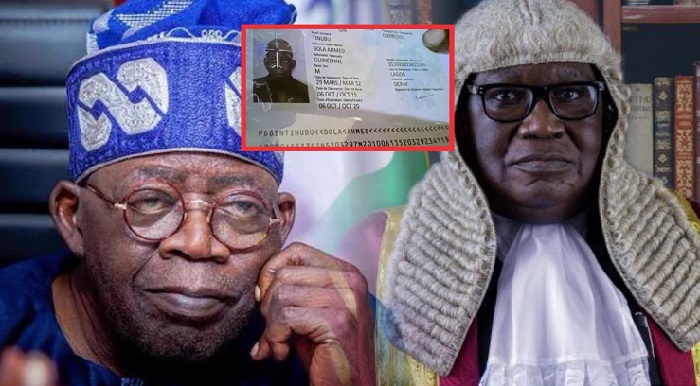
The Presidential Election Petitions Tribunal said it dismissed the evidence of dual citizenship and perjury against President Bola Tinubu because Atiku Abubakar introduced the matter at a time when the president’s lawyers could no longer respond, which the justices deemed to be an “unfair tactic” that would not be tolerated.
VerseNews reports that according to the full opinion released by the Court of Appeal, Abubakar alleged Tinubu was unqualified to contest the presidency without providing any details to buttress the allegation in his initial petition but later “smuggled in the new facts” of Guinean citizenship hiding under the phrase “further details” when there were no details given in the first instance.
“It is now through their Reply that Petitioners, who themselves seemed to have had no clear idea of what they meant by 2nd Respondent’s non-qualification for the election or simply deliberately kept it back when filing their petition, want to now introduce through their Reply at a time when respondents have no further right of responding to them,” the court held in the September 6 decision. “Such unfair tactics cannot, and is not, allowed by our law.”
The five-member panel said that the matter of Guinean citizenship was a fact that should have been presented as a separate petition rather than as a response to Tinubu’s defence, scolding the former vice-president’s lawyers as being “clever by half” when they introduced the passport that Tinubu obtained from a foreign country. The passport surfaced after Tinubu had already said under oath that he had never obtained foreign citizenship while submitting his application to run for president.
“The petitioners were only being clever by half when they claimed in paragraph 2.1 (b) of their Reply that they were simply giving, as they put it, ‘further details’ of the non-qualification of 2nd respondent by averring to the conviction, fine, certificate forgery and dual citizenship of 2nd Respondent that they raised in their Replies,” the judges said.
“They had never given any details of 2nd Respondent’s non-qualification and so cannot talk about ‘further details’ let alone hide under such ‘further’ details to smuggle in the new facts they averred in paragraph 1.2 (i) (ii), (iii), (iv) (v) and 2.l (b) of their Reply.”
Abubakar’s lawyers had said in their initial brief that Tinubu was unqualified to stand election for several reasons, which they then said would be established with evidence at trial. Yet, the judges still claimed the petition was not sufficient in disclosing specifically what would be proven when the trial opened.
The panel of five justices led by Haruna Tsammani said that to adjudge Tinubu — who met the four presidency criteria listed in Section 131 of the Constitution — as ineligible to run for office based on a nebulous “reason of non-qualification” contained in Abubakar and PDP’s initial petition, left all parties involved including the court and electoral commission completely at sea.
“Therefore, an assertion that merely says that a person is not qualified to contest election by reason of non-qualification will leave not just the person so assailed but every other person involved, including the court, at a loss as to what the pleader has in mind,” they said.
The judges, however, failed to disclose how Tinubu’s apparent perjury should be addressed, especially since the Nigerian Constitution specifically prohibits making false submissions to the electoral office. Elected politicians, including governors, have been sacked in the past by the Supreme Court for lying to INEC, and prosecution is also sometimes recommended.
Abubakar, as well as his Labour Party counterpart Peter Obi, disclosed last week that the judgement was fundamentally flawed and would be appealed to the Supreme Court. Tinubu and his allies have hailed the judgement as a victory that would further strengthen Nigeria’s democracy.













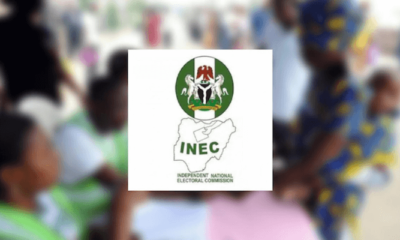

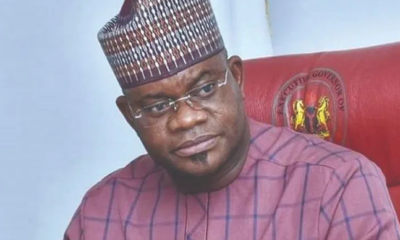

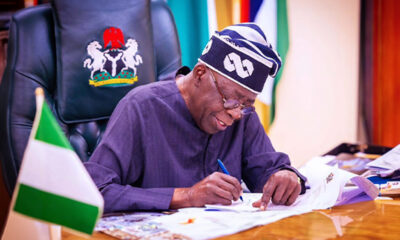

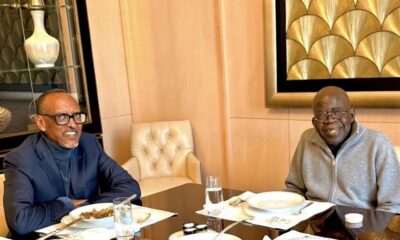



You must be logged in to post a comment Login